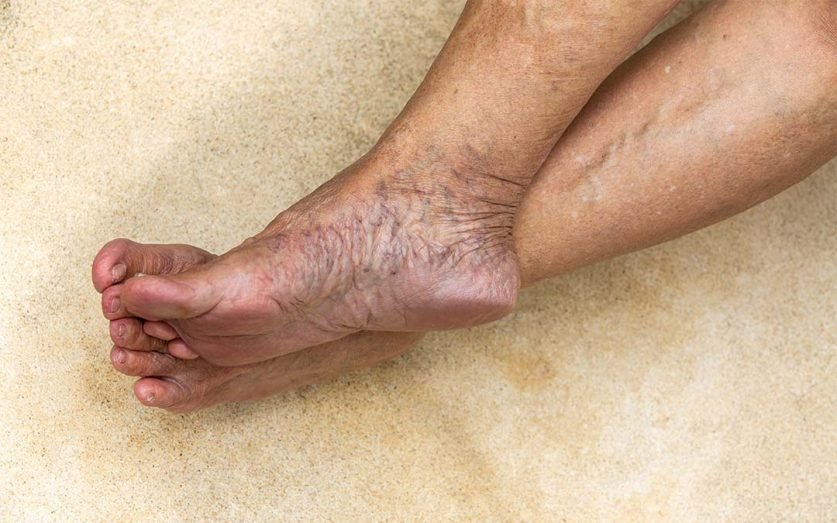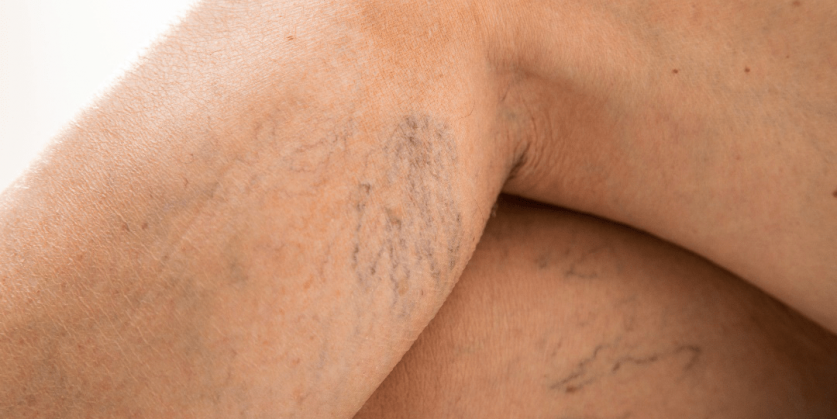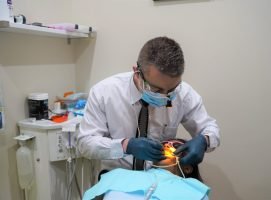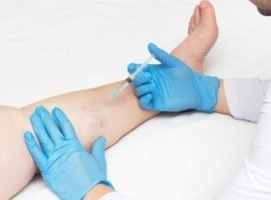What Is The Difference Between Phlebologists And Vascular Surgeons?
Phlebologists and vascular surgeons both are specialists that treat venous diseases. If you don’t know what kind of doctor is a vein specialist then they are the one. Phlebologist is a doctor who is medically qualified to treat and diagnose patients with specific vein disorders such as leg ulcers, spider veins, clotting, vascular birthmarks, and other vein-related conditions. Phlebologist is limited only to the cosmetic part of varicose veins.
Vascular surgeons are ABMS board-certified doctors or physicians who are trained specifically to treat both post-operative medical care and management and vascular surgery of patients who are suffering from various vascular diseases. If someone asks what kind of doctor treats veins then the vascular surgeon is the answer. They are best suited to treat and manage both complex and simple vein diseases. Including surgery of veins by using minimally invasive methods and techniques
What are the obvious signs that you need a vein specialist?
There are several signs that our body gives us while suffering from varicose vein diseases. However, people tend to ignore these signs which can lead to more serious venous issues. In case you are suffering from varicose veins, it is best to consult a vein specialist. And What is a Vein Specialist Called?. Vascular surgeons and phlebologists are the ones who treat issues related to veins. The physical symptoms that show that we need varicose vein treatment are-
- Vein discolorations
- Leg discomfort
- Prolonged aching pain
- Swelling
- Twisted enlarge veins
- Chronic skin irritation and itching
- Bleeding varicose veins.
What food items should we avoid in case of varicose veins?
If you are suffering from varicose veins, then it’s important to follow a healthy diet and to know what food to consume and what to avoid. It is best to stay far away from sugary, high in refined carbohydrates, and salty food especially if you are considering varicose vein treatment.
- A dairy product like milk and cheese can cause veins to swell by slowing down the digestive system.
- Fried foods. Fried food can clog your veins and arteries which can make it harder for the blood to flow through them.
- White bread. In the process of making the white bread, they strip down the essential nutrients that promote strong veins.
- Processed meat. These can cause water retention because they are generally high in sodium and can cause the blood to become thick and heard to pump
- Alcohol and tobacco. Alcohol can cause dehydration which can affect the venous system and chewing tobacco can increase the chances of developing new varicose veins.
What food items should we consume in case of varicose veins?
A healthy diet with full of nutrients is a must when you are suffering from varicose veins such as-
- Fruits and vegetables containing vitamin C and E
- Chia seeds and Flaxseeds
- Drinking plenty of water
- Low-calorie high in fiber diet.
- Berries because they are antioxidants and reduce inflammation
- Leafy green vegetables
- Asparagus and avocado
Conclusion
From the above-given information, we got to know a lot about varicose veins treatment, the difference between phlebologists and vascular surgeons, food to consume and avoid with varicose veins, signs that you need a vein specialist, and more. For more information check out veintreatmentli.com.














